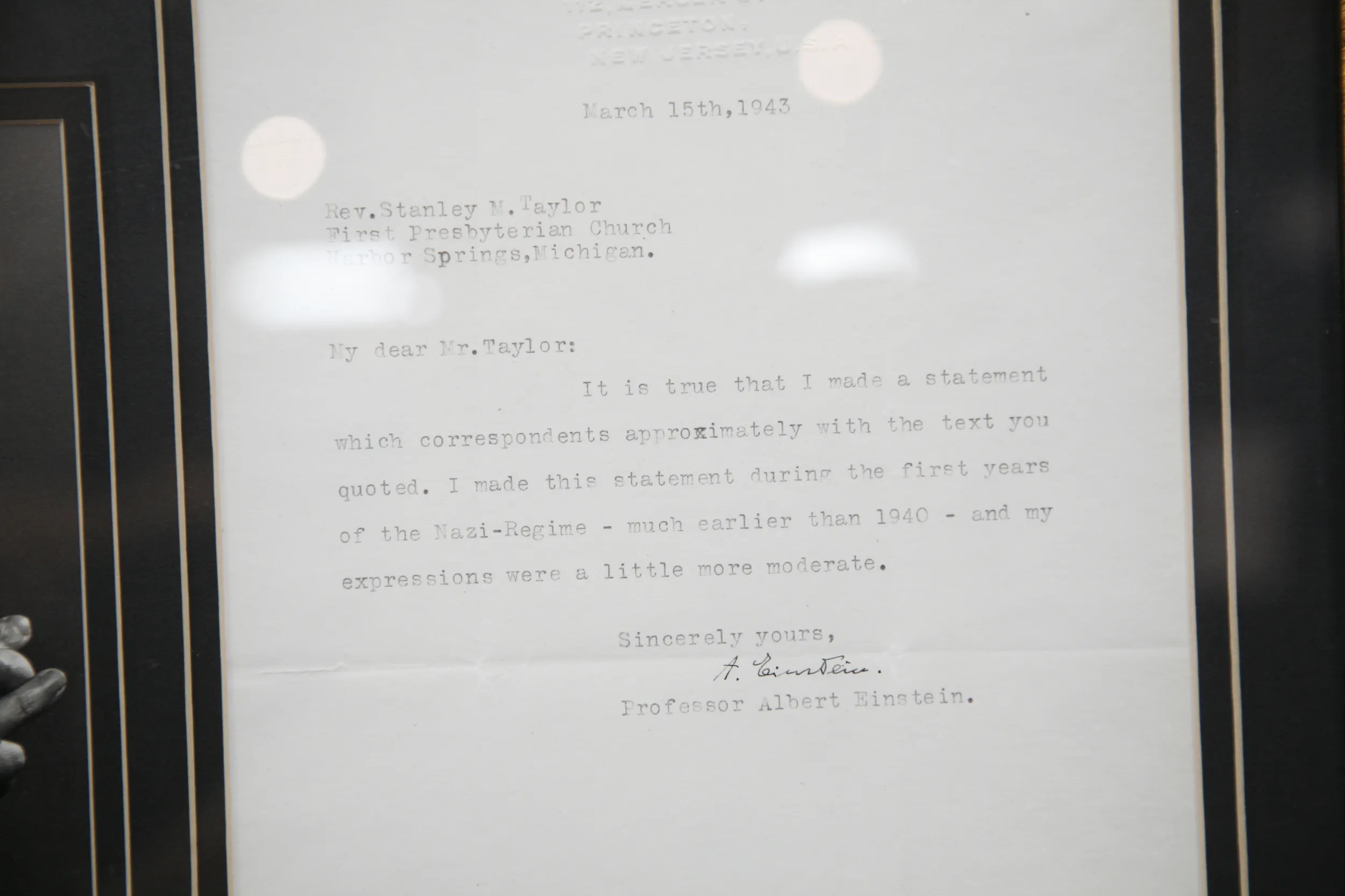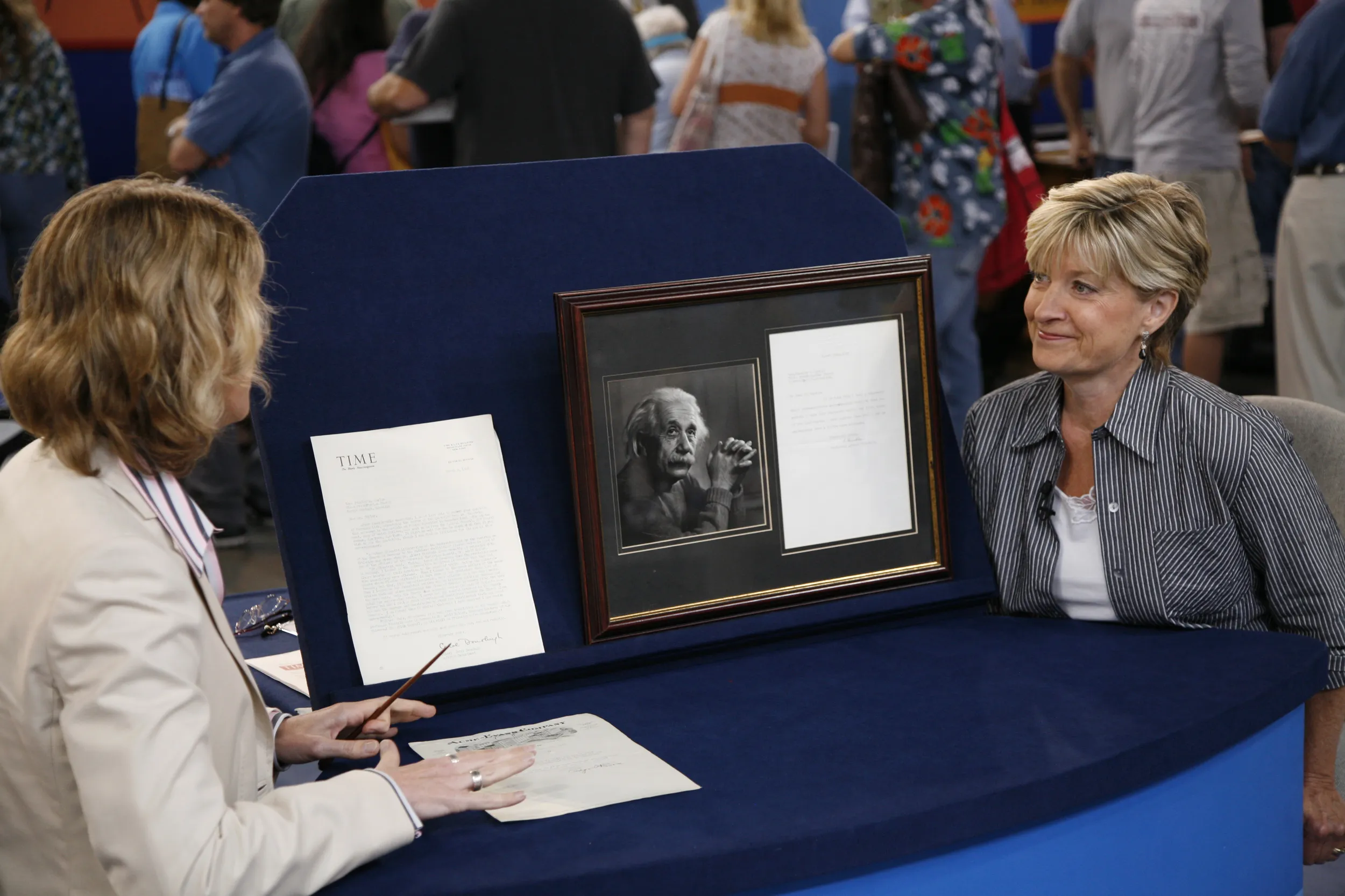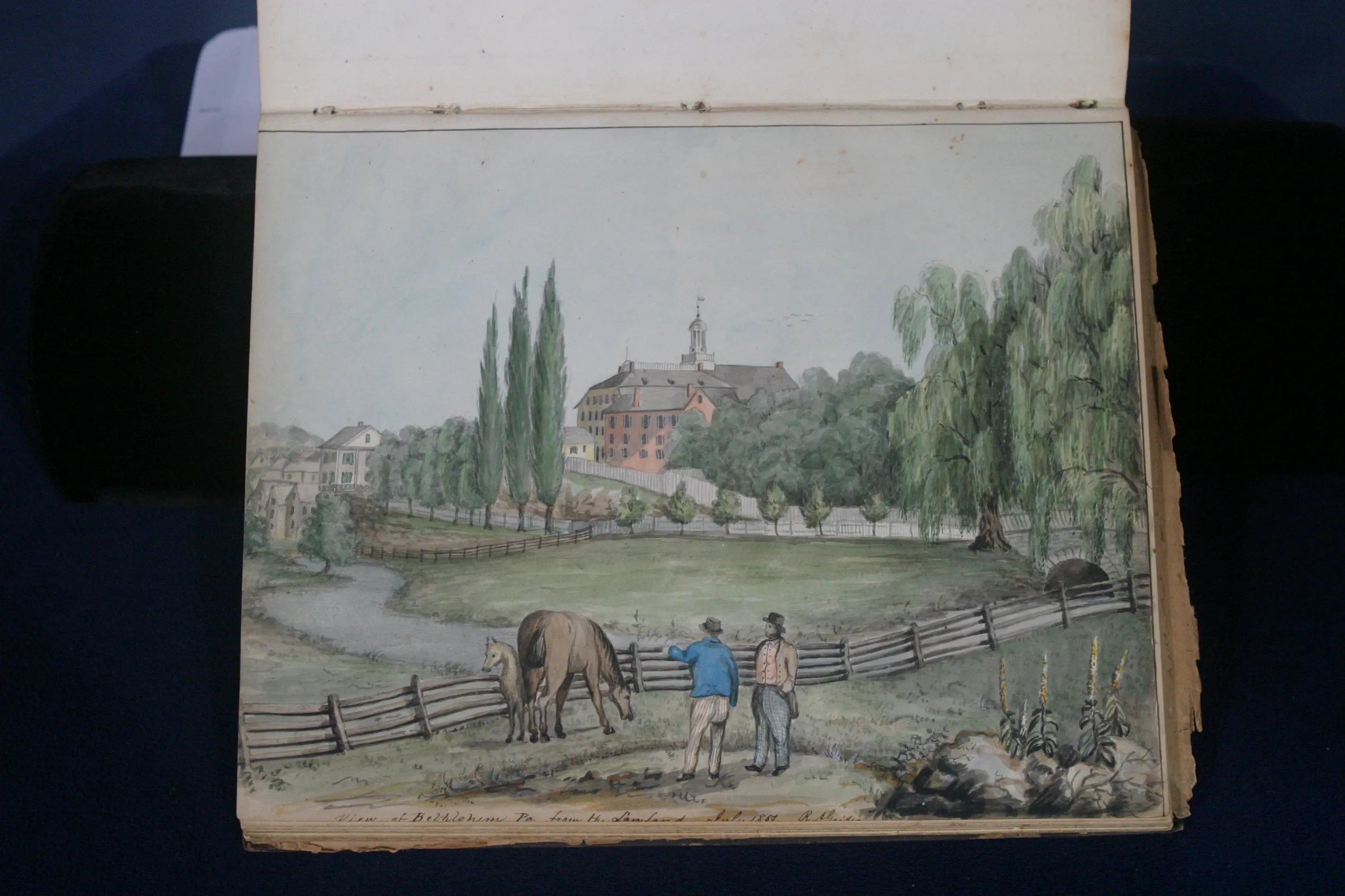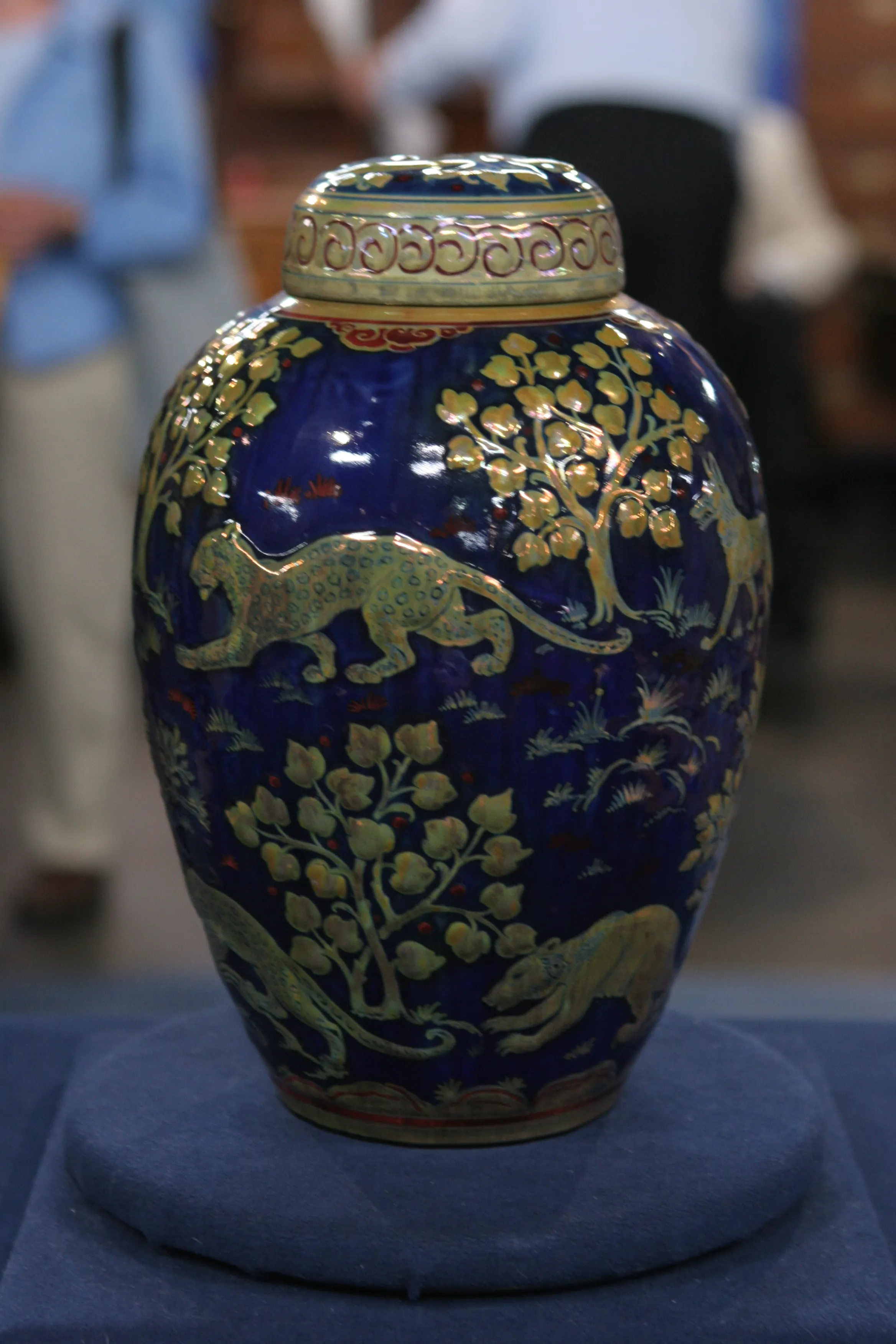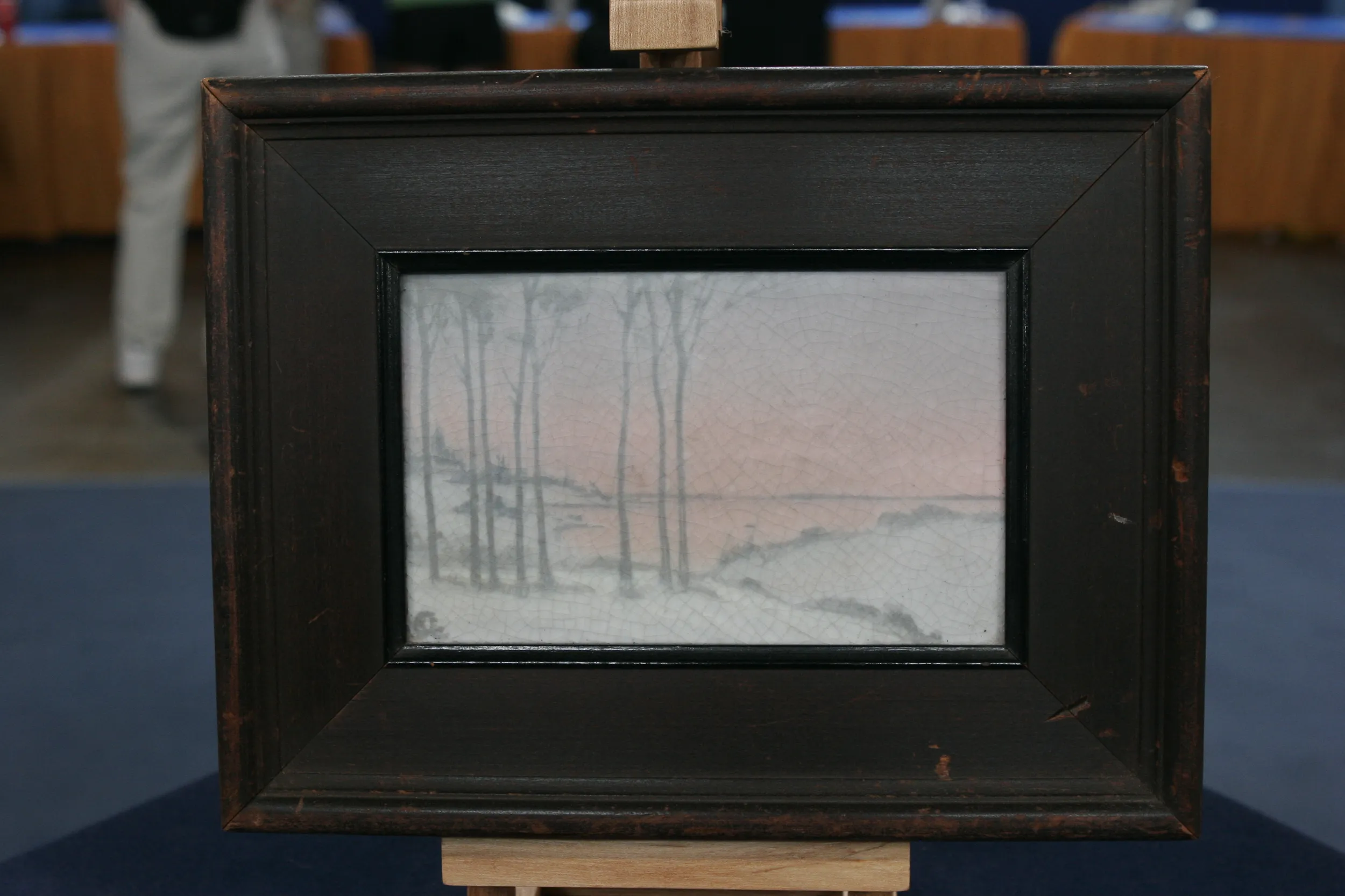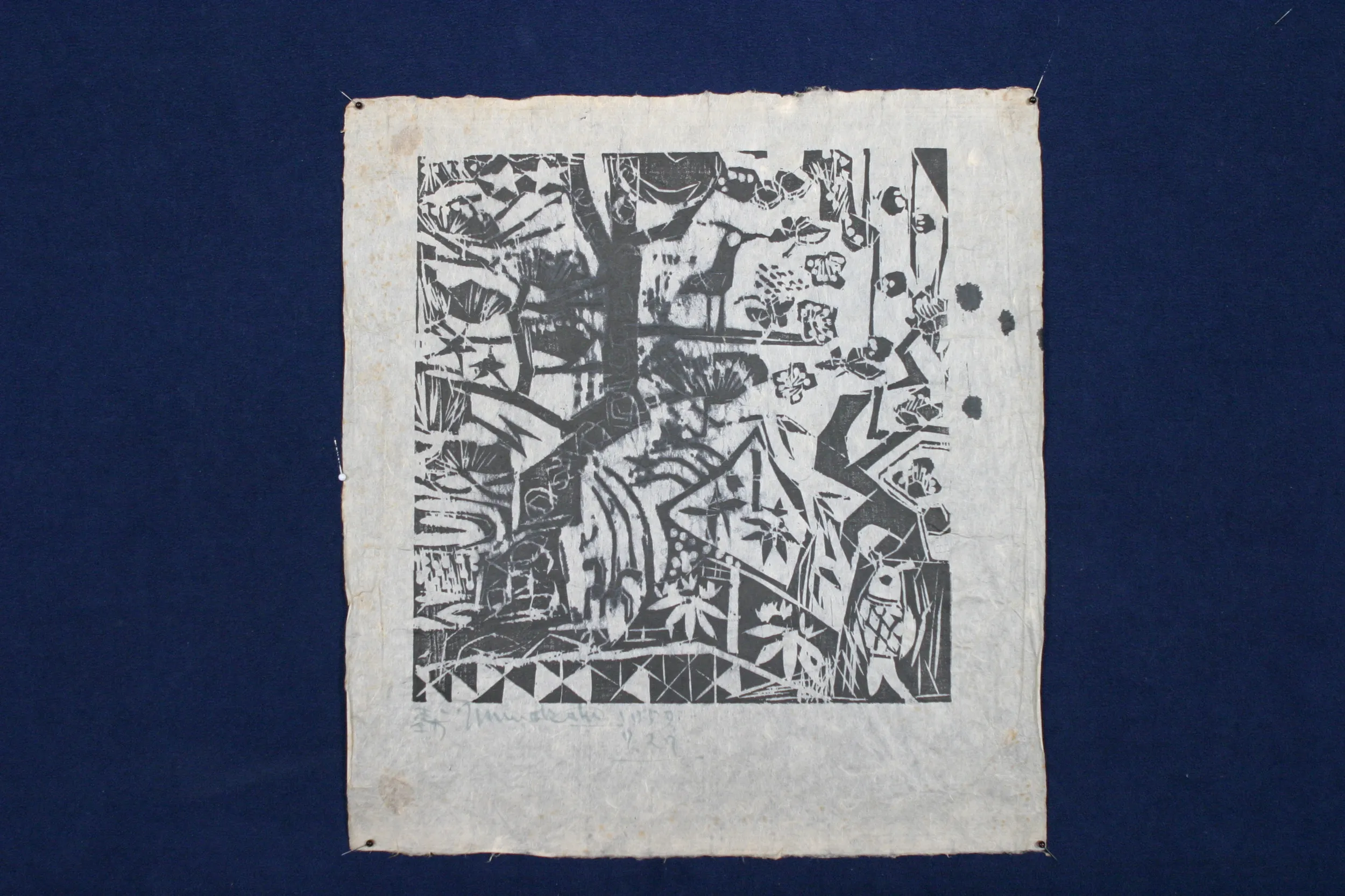GUEST: I have a letter that Albert Einstein wrote to my father in 1943. In 1940, my father read a Time magazine article that stated that Einstein was quoted as saying that the only social institution that stood up to Nazism was the Christian church. My father's a Presbyterian minister in a little Northern Michigan town called Harbor Springs.
APPRAISER: Uh-huh.
GUEST: And he quoted Einstein in a sermon.
GUEST: And a member of the congregation wrote my father a letter saying, "Where did you get your information?" So my father wrote Time magazine, and Time magazine wrote him back, and I have that letter, too, but they didn't give the source. So my father wrote Einstein, and he wrote back, saying, yes, he did say that the Christian church was standing up to Hitler and Nazism.
APPRAISER: I love this story for a lot of reasons-- one, it's about your dad checking his references, checking his facts.
GUEST: Mm-hmm.
APPRAISER: And how important it is to get your references right. He goes to the first reference, Time magazine.
GUEST: Mm-hmm, mm-hmm.
APPRAISER: He doesn't get a good answer, and he goes beyond that.
GUEST: Exactly.
APPRAISER: The second reason I really like this story is that, your dad kept all the supporting material.
GUEST: Mm-hmm.
APPRAISER: For, behind the letter that he eventually got from Einstein, confirming, "Yes, I did say this about the Christian church."
GUEST: Mm-hmm, mm-hmm.
APPRAISER: "It is the only social institution that can stand up to the Nazi regime." So the first letter I have in this stack is the letter from the parishioner who says, "Where'd that quote come from?"
GUEST: Mm-hmm.
APPRAISER: And then the second letter is the letter from Time magazine. They're kind of hedging their bets.
GUEST: Mm-hmm.
APPRAISER: I love that they can't really confirm it, but they won't deny it, but they're...
GUEST: Right.
APPRAISER: "Yeah, yeah, yeah, he said it, he said it."
GUEST: Mm-hmm.
APPRAISER: And then the third thing, even though he kept all of this original primary support material, your dad took the time to write a three- or four-paragraph essay in which he explains the story behind the Albert Einstein letter.
GUEST: Right, mm-hmm.
APPRAISER: This is terrific. I mean, if I could get one message across to people who own historical manuscripts...
GUEST: Mm-hmm.
APPRAISER: ...who own letters from famous people, who own archives, and people who know the story behind them, it would be, "Please just take five minutes..."
GUEST: Mm-hmm.
APPRAISER: "...and write it down for the next generation." Because even though everybody knows it today...
GUEST: Mm-hmm.
APPRAISER: ...there is a really good chance that the oral tradition will not survive with the paper.
GUEST: Exactly.
APPRAISER: If you had brought this letter in without the supporting documents, I would have looked at it...
GUEST: Mm-hmm, mm-hmm.
APPRAISER: ...and it says, "It's true that I made a statement which corresponds approximately with the text you quoted. I made this statement during the first years of the Nazi regime, much earlier than 1940, and my expressions were a little more moderate." And I would say, "Well, it's a nice typed letter from Einstein, says something about Nazis," but I wouldn't really know what he was talking about...
GUEST: Right.
APPRAISER: ...if your father had not saved all the material that is appropriate to it. Have you ever had this Einstein letter appraised before?
GUEST: Never.
APPRAISER: Well, it's on just typing paper. He used to blind stamp his return address. And it's typed and then signed here. Normally, a run-of-the-mill typed Einstein letter from this period is about $1,500 at auction.
GUEST: Mm-hmm, mm-hmm.
APPRAISER: But with this fantastic story behind it, a $1,500 letter becomes a $5,000 letter.
GUEST: Wow.




